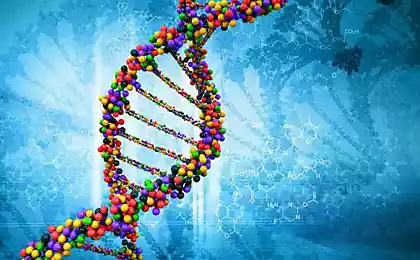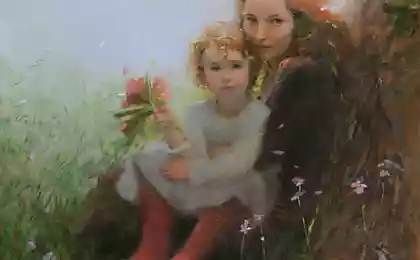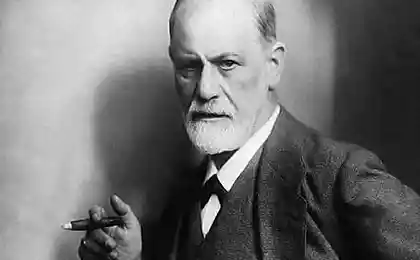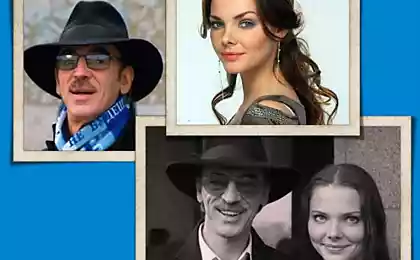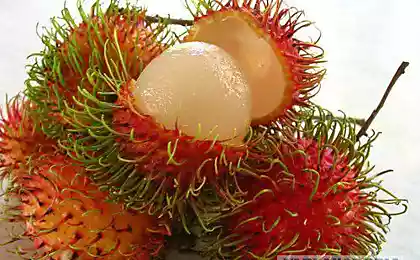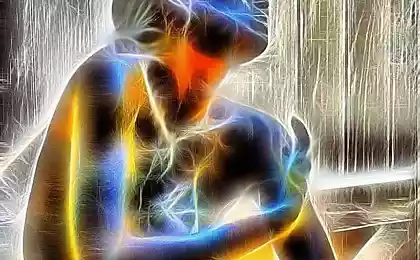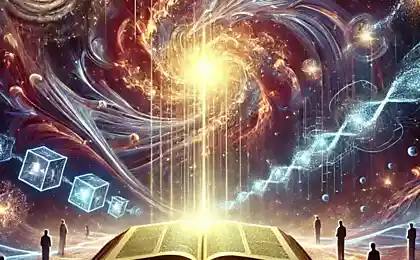768
Our secrets

Surprisingly, modern science still some puzzling features of our physiology and psychology. British popular science magazine New Scientist has made a rating of neobyasnimogo.1. ABILITY blush STYDA

Scientists believe one of the greatest gaps in the theory of evolution no clear explanation of why people got into an awkward position, or being caught in a lie, start to blush. Thereby sending a clear signal to others: Here I am in front of you - a liar, a scoundrel, a liar. But why? There is only a vague suggestion. Like, sending the paint on the face, nature causes people to lie less. A red-faced liar sends a group of persons surrounding the signal of readiness to apologize. This reduces the level of aggression and makes others more likely to forgive the offender. Perhaps the ability to blush helped people at the dawn of evolution to reduce aggression in the society. Who knows, maybe now helps? 2. SMEH

It is still not clear exactly what causes a person to have fun. After all, a sense of humor at all completely different. The assumption scientists laughter is needed to balance the mental processes. For example, in order to dampen the excitement, tension and sadness. Laugh creates a real "biochemical storm" - is produced naturally intoxicating substances - endorphins, antidepressants. No wonder the British have a saying: "Teach me laugh - save my soul" .3. INTIMATE VOLOSY

During the evolution of man he lost almost all wool. But why has retained special thickening of pubic hair? After all, this place is the most susceptible to parasitic infections. The assumption of scientists: most likely they were to behold * sa. After all pubic hair grows in a place where there is a greater accumulation of glands and associated odors. And the hair - is a means to spray and transfer the smell. Thus, the tufts of hair are a such a means of "advertising" .4. THIRST create works ISKUSSTVA

One simply can not create beauty. It pleases the eye. But, usually devoid of any utilitarian purpose. And why? The assumption of scientists: beauty Let indirectly, but still helps a person to create better utilitarian objects. For example, a comfortable environment and people perceive more aesthetically attractive. And uncomfortable - like ugly. Creating works of art, a man trains his brain, which improves the process for the solution of a purely applied problems. And maybe he was right, Leo Tolstoy, who wrote: "... the word one person transmits his thoughts to another, the art of the same people pass each other their feelings" .5. SUEVERIE

Rational sense in no superstitions. But they are. Paradox? The assumption of scientists: the vitality take based on memorization of luck and trouble forgetting. We become very superstitious when we have some difficulties. Because we are worse than gloomy thoughts control your actions and make new oversight. And then, all blamed on black cat. If the person passes the cat, then give yourself installation that everything will be fine. It's kind of platsebo.6. ALTRUIZM

It is a unique human feature - live for others - laid down in the brain. Already in the 18 months babies begin to show altruistic behavior. With that said innate friendly person. But what makes people to help relatives and even without benefits for themselves? The assumption of scientists: altruism is required when choosing a partner. In both men and women. The dedication towards others makes a person more attractive to the opposite sex. The development of the human brain has made parenting a very complex process, so our ancestors, it was important to choose a partner that can be a good and devoted parent. Manifestations of selflessness best indicate this ability, so the genes associated with altruism could be saved in the process of evolutionary otbora.7. HABIT picking his NOSU

Harmful like occupation - from the nostrils pulled out the tiny hairs that help filter out dust and dirt out of the air we inhale. But pick your nose all who secretly who publicly. From children to adults. The assumption of scientists: the meaning may not hide in the process, and in its consequences. Indeed, many still eat your boogers. Disgusting? Not at all. Some researchers have seriously believe that this is - a good way to strengthen the body's immune system. Along with kisses. And at the dawn of evolution, again, it could all be unique. When the kiss was not with anyone. After all, the nose filters out a large number of various bacteria. Once in the stomach, this "mixture" works as a universal vaccine - for many diseases. Excessive use just do not have. In addition, American psychologists argue that digital massage of the nasal mucosa, stuffed with different receptors, improves brain deyatelnost.8. POTSELUY

How and why did the tradition of kissing, why has received ce * sualnuyu painting, no one knows. Although the hypothesis fully. But what is the most reasonable? The assumption of scientists: perhaps a kiss - in the original is basically - a kind of vaccination method, invented by nature. Because saliva contains various bacteria. 80% of them are the same in all people, and 20% are individual. When you kiss these bacteria are transmitted from person to person. In the mouth, they cause the revival of other microorganisms, giving impetus to the immune system and triggering the formation antitel.9. LONG TEENAGE PERIOD
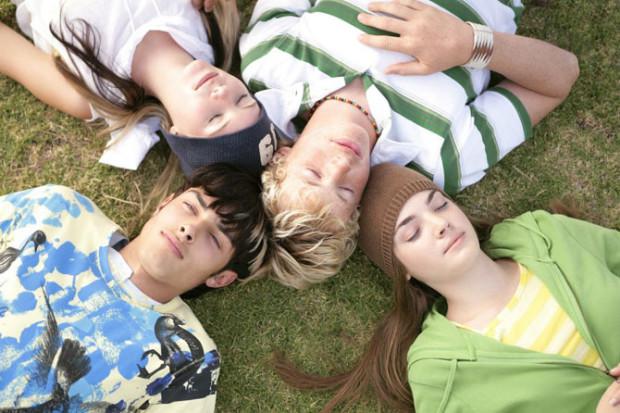
Even our closest relatives - the great apes do not have such a long transition from adolescence to adulthood. * By ovoe maturation occurs in chimpanzees about 5 years old, when they end childhood. The people also called puberty lasts from 11 to 20 years. Why is that? The assumption of scientists: adolescence - a later purchase of the historic humanity. The duration of puberty depends on the level of development of society. The higher it is, the wider the band between the end of puberty, and the onset of the final zrelosti.10. SNY

Once our ancestors existed a strong belief: during sleep the human soul temporarily leaves his body to wander around the world. And we dream that she sees in his travels. Later Sigmund Freud claimed that dreams are a reflection of our unconscious desires. But today, most researchers reject it. But then why do we need them? The assumption of scientists: dreams appear in our brain as a result of random electrical activity. Almost every 90 minutes the brain stem randomly throughout the brain sends electrical impulses. The forebrain, which is responsible for analytical work, desperately trying to understand these signals. And the only way to organize them - see dreams. They do not carry any message. But not quite so meaningless. The way our frontal brain selects certain moments from the continuous stream of images, can open our essence. In addition, the dream is likely to facilitate the transition of the day received information from short-term to long-term memory.

